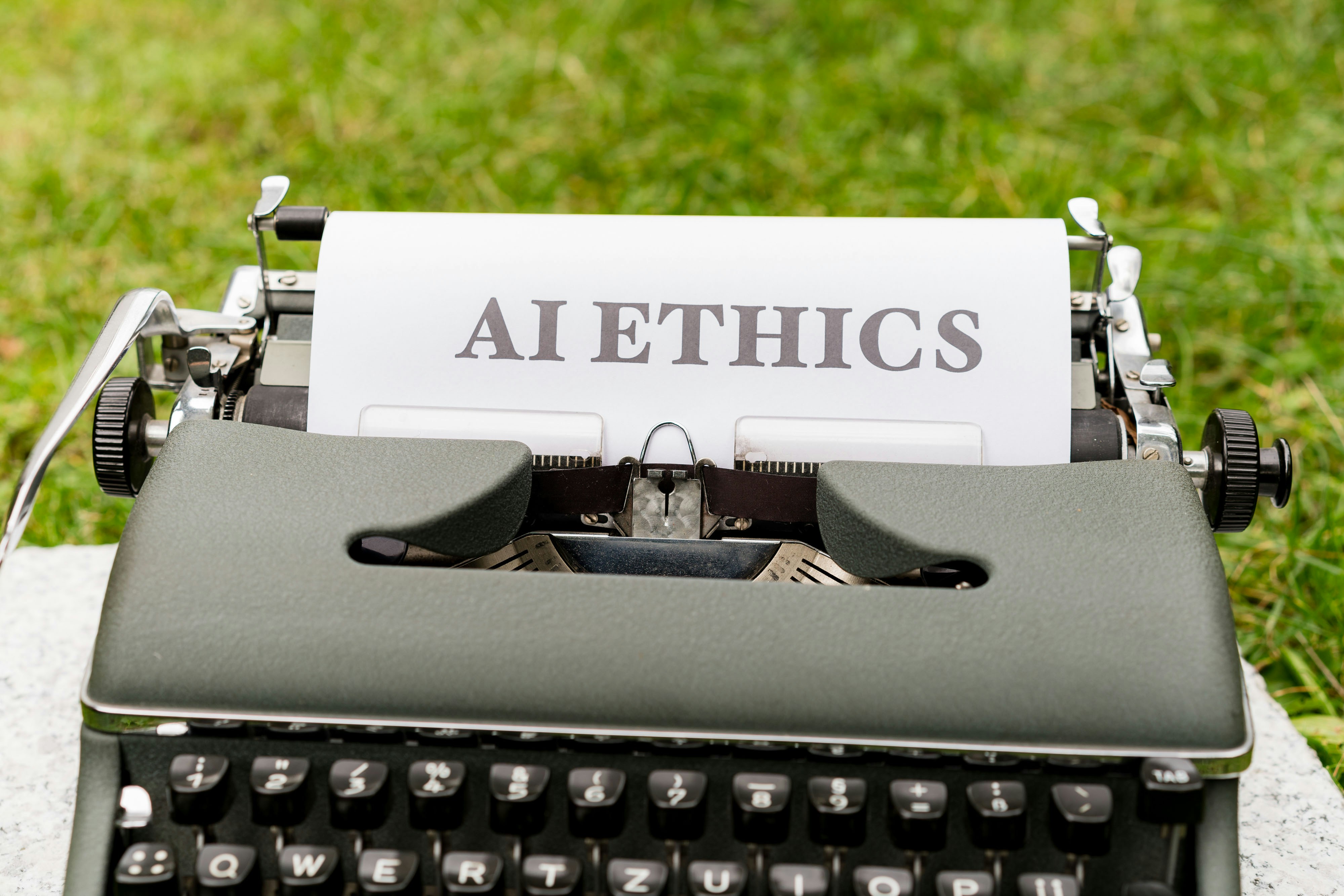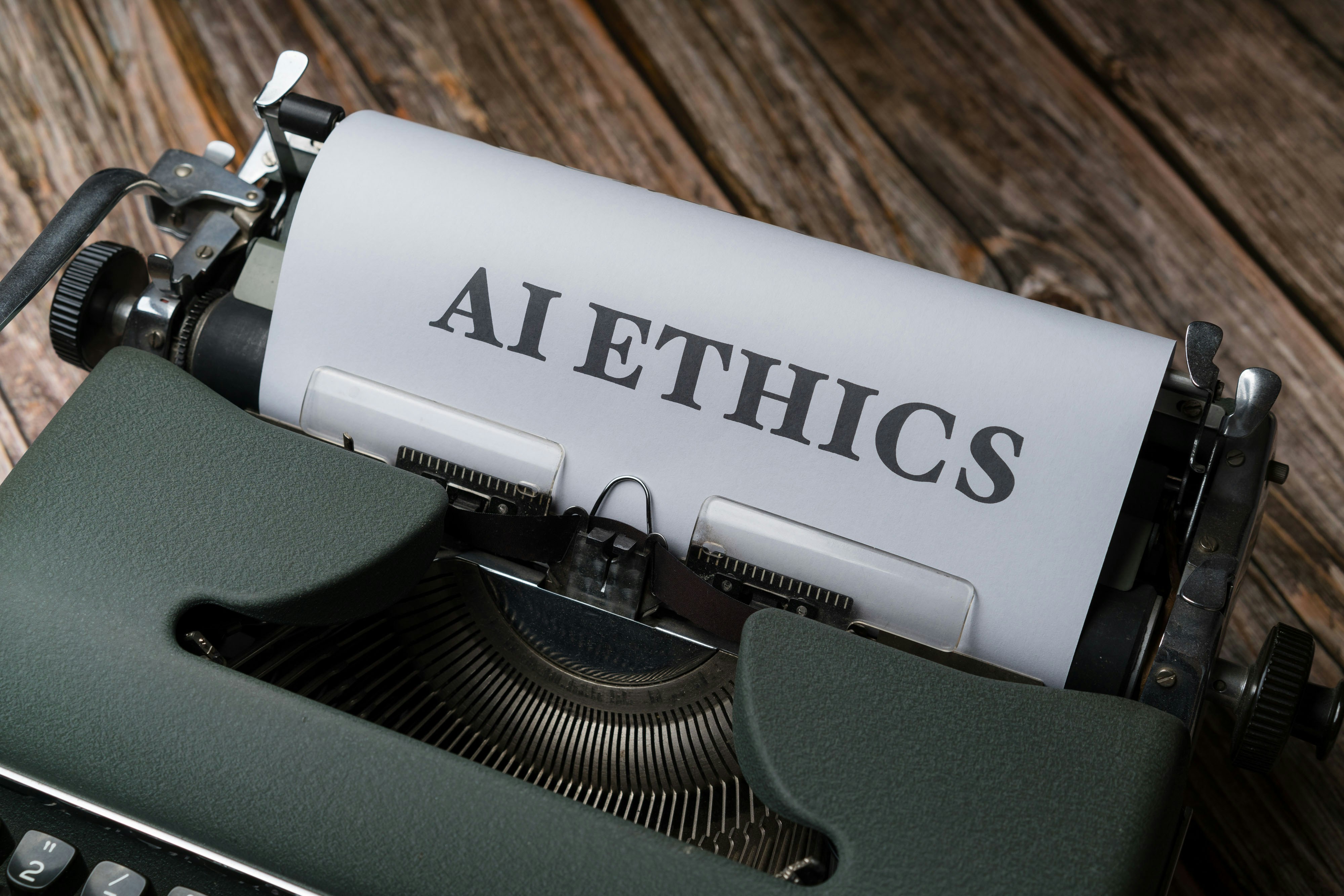Responsible AI Deployment: Ethics of Automation in Business
In the rapidly evolving landscape of business, artificial intelligence (AI) isn't just a tool; it’s a game-changer. As companies strive for efficiency and innovation, the delicate balance between automation and ethical considerations looms larger than ever. Understanding how to ethically navigate AI deployment can position your business at the forefront of responsible automation, ensuring both productivity and integrity. If you’re ready to dive into the nuances of deploying AI ethically and effectively, you’re in the right place.
The Emergence of AI in Business
AI's integration into business practices has transformed operations at all levels. From automating mundane tasks to facilitating complex decision-making, AI tools have become indispensable. Their ability to process data, identify patterns, and even predict customer behavior opens new avenues for profit and efficiency. However, this power also raises significant ethical questions.
As businesses adopt AI, they must consider not only the economic implications but also the social and ethical responsibilities inherent in these new technologies. Without a thoughtful approach to deployment, companies risk eroding trust among their stakeholders, leading to reputational damage and diminished customer loyalty.
Understanding Ethical AI Deployment
Ethical AI deployment revolves around ensuring that the implementation of automated systems remains aligned with moral and social values. This involves not just compliance with laws but also an empathetic consideration of customers, employees, and the broader community. By establishing a sound ethical framework, businesses can minimize potential harms while maximizing the benefits of AI.
Key Principles of Ethical AI Use
-
Transparency: AI systems must be transparent to users. Whether they're customers or employees, individuals should understand how AI makes decisions that affect them. This transparency fosters trust and ensures accountability. For example, Google AI emphasizes making its tools understandable to all users, ensuring individuals know when they’re interacting with AI and how data is utilized.
-
Fairness: AI should be designed to avoid bias in its operations and decisions. This means employing diverse data sets during the training phase to prevent algorithmic discrimination. Research by Stanford University highlights that biased AI outcomes, particularly in recruitment and hiring practices, can significantly impact underrepresented groups.
-
Accountability: It’s essential to have clear lines of accountability when AI systems cause harm or make mistakes. Businesses must establish mechanisms to address grievances and rectify issues arising from AI outputs. This sensitivity builds customer loyalty and reassures stakeholders that the organization prioritizes ethical considerations.
-
Privacy: Protecting user data is non-negotiable. Companies must prioritize robust data governance practices, ensuring that customer information collected through AI tools is handled ethically and transparently. Organizations like the European Union have set strong precedents with regulations like GDPR that prioritize user privacy.
-
Continuous Monitoring and Improvement: As AI tools evolve, so too must the ethical frameworks surrounding them. Continuous monitoring and adaptation are vital to ensure that ethics keep pace with technological advancements. Companies such as IBM engage regularly with both technological and ethical experts to review their practices.
Assessing Ethical Considerations in AI Deployment
The first step in evaluating the ethical impact of deploying AI is understanding the landscape of your organization. Here are a few assessment strategies:
Internal Stakeholder Engagement
Engage with employees and management at all levels to gather insights regarding current perceptions of AI tools. By establishing a culture of inclusivity, you not only democratize the conversation around AI use but also foster trust and transparency. Conduct surveys and focus groups to gauge employee concerns about how AI could affect their roles.
Customer Feedback Mechanisms
Create channels for customer feedback on AI implementations. This is particularly essential when introducing new systems that alter customer interactions. Regular feedback can not only help companies refine their offerings but also provide insights into potential enhancements.
Collaboration with Experts
Consider partnering with industry experts in ethics and technology. Their insights can offer a comprehensive understanding of ethical concerns that may not be immediately apparent. Join forums or collaborative groups that evaluate AI's ethical use and challenge narrative biases in automation.
Establishing an Ethical AI Framework
A thorough framework is crucial for guiding autonomous systems within your business. Here’s a roadmap for developing an ethical AI framework.
Developing Ethical Guidelines
Draft a set of ethical guidelines for AI deployment that encompass the principles discussed earlier. These should be clear, accessible, and actionable. Involve a diverse group during this drafting stage, including technologists, legal experts, ethicists, and diversity advocates. For a template, organizations like the AI Now Institute provide valuable resources.
Training Programs for Employees
Develop comprehensive training programs focusing on ethical AI use. These programs should cover the company's ethical guidelines, bias recognition, and the societal implications of decision-making. Empathy should be a core theme.
Implementation Strategies
Decide on the stages of AI deployment and revise relevant processes to align with your ethical framework. Utilize a phased approach that allows for evaluation and adjustment throughout.
Monitoring and Adaptation
Set up a mechanism to continuously monitor AI systems post-deployment. Regular evaluations will help identify potential biases and ensure compliance with ethical standards. React swiftly to any negative feedback or repercussions experienced by customers or employees.
Benefits of Ethical AI Deployment
Investing in ethical AI not only safeguards your brand's reputation but also contributes to sustainable success. Here are some potential benefits:
-
Enhances Customer Loyalty: A commitment to ethical practices fosters trust, encouraging long-term relationships with customers who value transparency and fairness.
-
Supports Employee Morale: Organizations committed to ethical AI practices create a culture of respect and inclusion, leading to higher employee morale and retention.
-
Mitigates Risks: A rigorous ethical framework helps identify potential legal and reputational risks before they escalate, providing your organization with a competitive edge.
-
Promotes Innovation: An ethical framework permits experimentation in ways that align with core values, encouraging creative problem-solving and innovation.
Case Studies in Ethical AI
Understanding contextual applications can solidify the abstract concepts of ethical AI. Here are a few compelling examples of businesses that have successfully navigated this terrain.
Case Study 1: IBM Watson
IBM Watson has positioned itself as a leader in ethical AI. Its commitment to transparency includes proactively addressing biases in its algorithms, particularly in the healthcare sector. Through partnerships with various organizations, Watson emphasizes collaborative learning and ethical oversight in its deployment practices.
Case Study 2: Microsoft
Microsoft has developed an ethical framework that imposes strict standards for AI use, which emphasize fairness and accountability. Their policy includes responsible AI reviews for major projects, ensuring that potential impacts are considered from the outset. This has led to a positive view of Microsoft's ethical practices among clients and stakeholders alike.
Bridging the Gap: Stakeholder Responsibility
It's vital to recognize that both leadership and stakeholders share the responsibility of ethical AI use. While leadership should champion ethical practices, employees and customers play a role in holding businesses accountable. This collaborative approach is essential for fostering trust and advocating for responsible automation.
Future Implications of Ethical AI Deployment
As we move further into 2025, the implications of adopting ethical AI practices will only broaden. Corporations that prioritize these principles will not only thrive but also position themselves favorably against less responsible competitors.
The Role of Regulation
Regulatory frameworks are becoming increasingly significant in steering AI deployment and ethics. Companies should stay informed on the changing landscape of AI regulations. This proactive approach can help businesses avoid legal pitfalls while reinforcing their commitment to ethical practices.
The Intersection of AI and Sustainability
Moreover, businesses should increasingly consider the intersection of AI and sustainability. Ethical AI deployment can work alongside sustainability initiatives, leading to more efficient resource management, reduced waste, and improved community engagement. These efforts not only enhance corporate reputation but contribute to a healthier planet.
Final Thoughts
As AI tools continue to reshape business landscapes, the ethical principles governing their deployment will play a crucial role in maintaining trust and accountability. By prioritizing transparency, fairness, and accountability, organizations can navigate these uncharted waters thoughtfully, ensuring that their automation efforts yield not just profits but also positive societal outcomes. This ethical approach will ultimately empower businesses to build a sustainable future, unlocking the full potential of AI in driving innovation while respecting human dignity.
For organizations ready to begin their journey into ethical AI, resources such as the Harvard Business Review and ongoing discussions around AI ethics will provide invaluable insights and frameworks for establishing responsible practices. As you embark on this path, remember that ethical considerations should not be an afterthought but rather a cornerstone of your business strategy.














